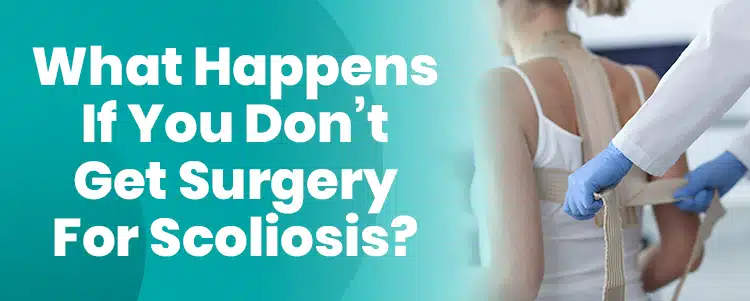

What Happens If You Don’t Get Surgery For Scoliosis?
Scoliosis treatment offers surgical and non-surgical options. Early detection and proactive care can avoid surgery risks.
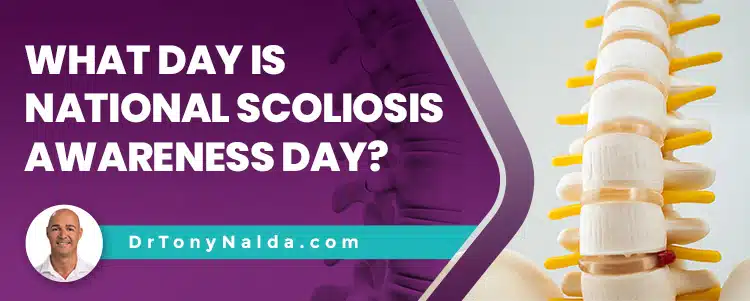

What Day Is National Scoliosis Awareness Day?
National Scoliosis Awareness Day on June 26th aims to increase awareness about scoliosis, promote early detection, and improve treatment outcomes.
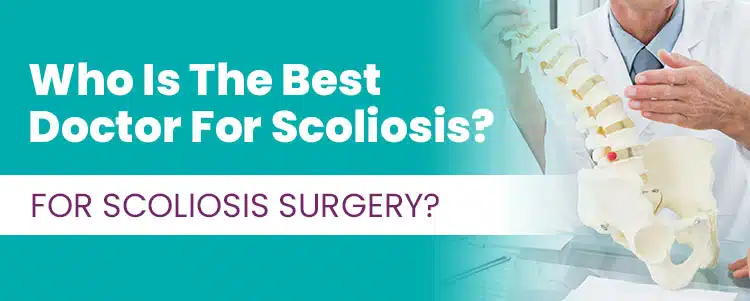

Who Is The Best Doctor For Scoliosis? For Scoliosis Surgery?
Choosing the best doctor for scoliosis treatment depends on the selected approach: surgical or non-surgical.
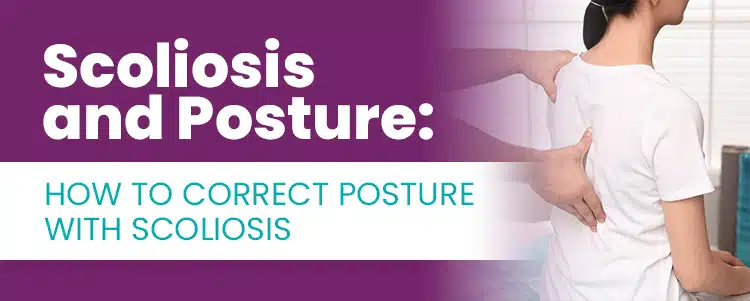

Scoliosis and Posture: How To Correct Posture With Scoliosis
Scoliosis in children shows as postural deviation, while adults may experience pain.
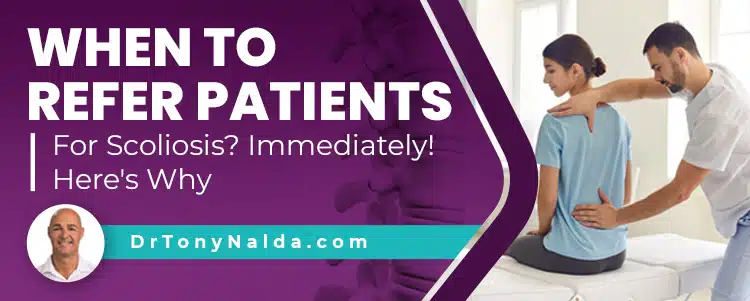

When To Refer Patients For Scoliosis? Immediately! Here’s Why
Early treatment is crucial for better scoliosis outcomes. Diagnosis should prompt immediate professional guidance and treatment.
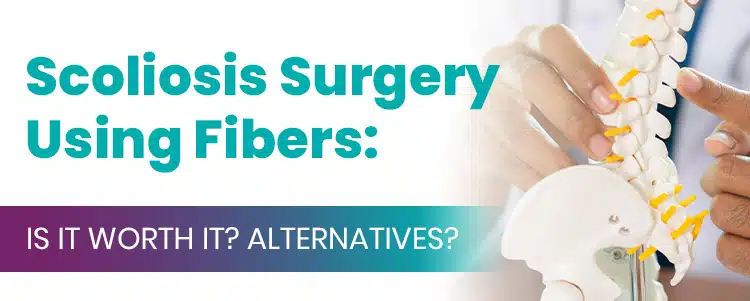

Scoliosis Surgery Using Fibers: Is It Worth It? Alternatives?
Scoliosis surgery carries risks, including increased back pain and reduced flexibility.
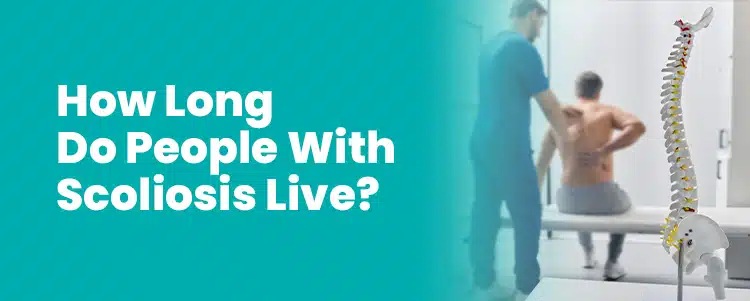

How Long Do People With Scoliosis Live?
Having scoliosis doesn't limit one's potential. Early detection and proactive tr
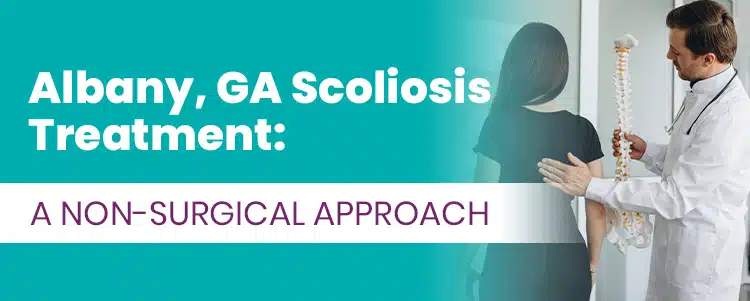

Albany, GA Scoliosis Treatment: A Non-Surgical Approach
Scoliosis is a complex condition affecting all ages. Treatment options vary in results.
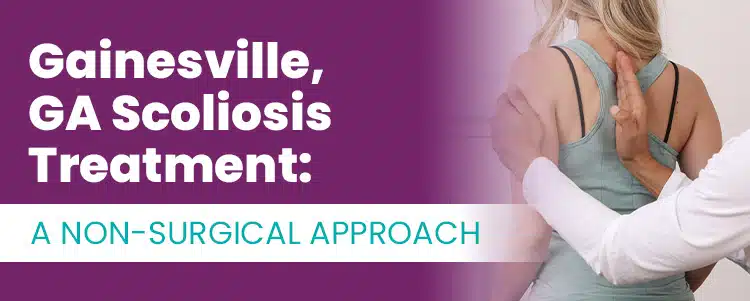

Gainesville, GA Scoliosis Treatment: A Non-Surgical Approach
Awareness of treatment options is vital for scoliosis patients. Traditional and conservative approaches yield different outcomes.
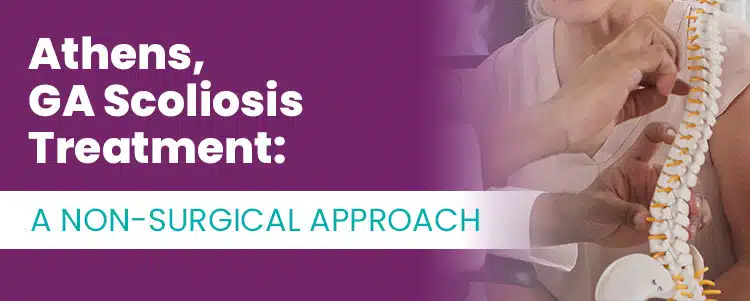

Athens, GA Scoliosis Treatment: A Non-Surgical Approach
Scoliosis is prevalent in school-aged children, requiring treatment decisions. Traditional and conservative approaches offer different outcomes.
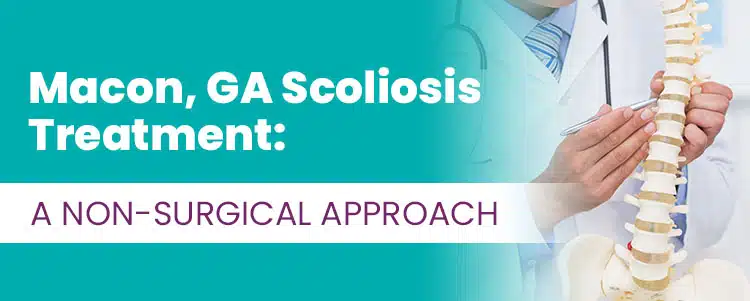

Macon, GA Scoliosis Treatment: A Non-Surgical Approach
Being informed about all scoliosis treatment options is crucial. Traditional approach favored surgery, but non-surgical alternatives are gaining popularity.
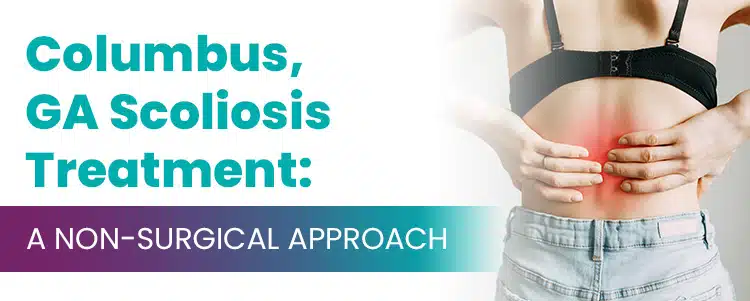

Columbus, GA Scoliosis Treatment: A Non-Surgical Approach
Scoliosis requires specialized treatment from experienced specialists. While incurable, it can be highly treatable with proactive conservative approaches.
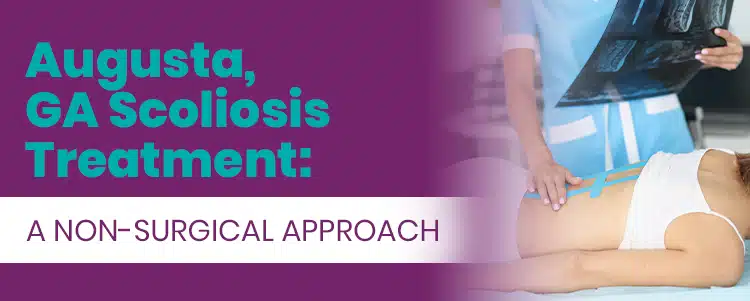

Augusta, GA Scoliosis Treatment: A Non-Surgical Approach
Choosing the right scoliosis treatment is crucial. Learn about modern conservative non-surgical options and how Dr.
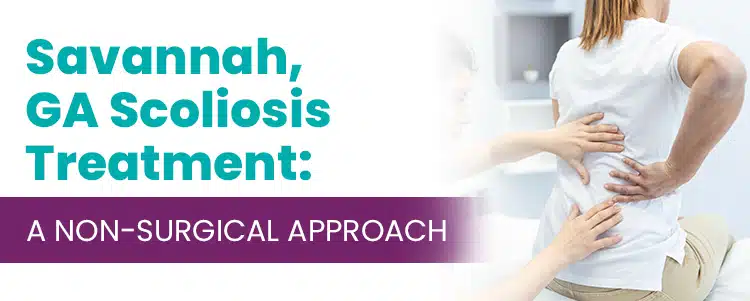

Savannah, GA Scoliosis Treatment: A Non-Surgical Approach
Customized treatment is crucial for scoliosis patients. Discover specialized scoliosis treatment options with Dr.
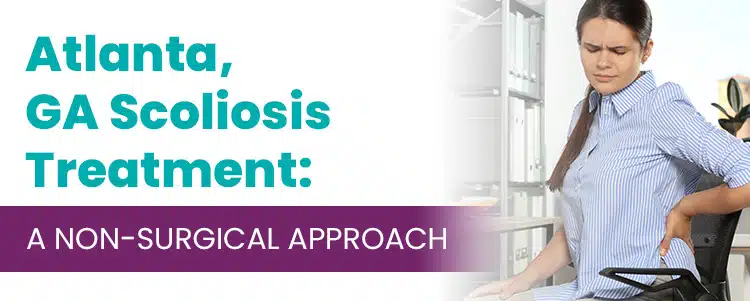

Atlanta, GA Scoliosis Treatment: A Non-Surgical Approach
For proactive scoliosis treatment, consider chiropractic-centered options. Dr. Tony Nalda in Celebration, FL offers renowned care.
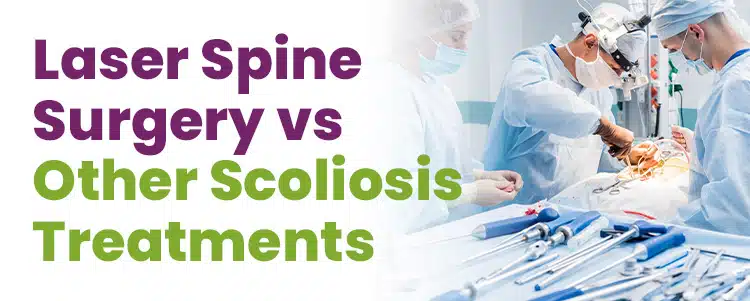

Laser Spine Surgery vs Other Scoliosis Treatments
Laser spine surgery offers mixed evidence of effectiveness compared to traditional methods.
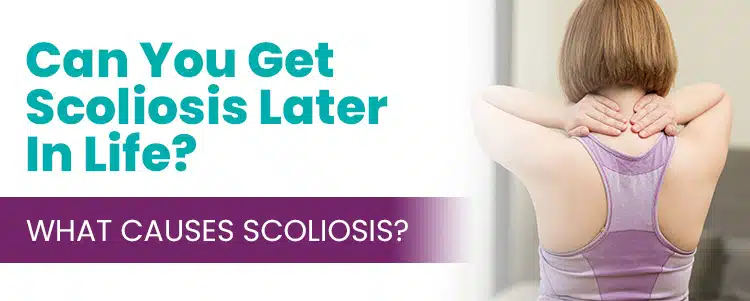

Can You Get Scoliosis Later In Life?
Adults primarily face idiopathic or degenerative scoliosis. The former develops
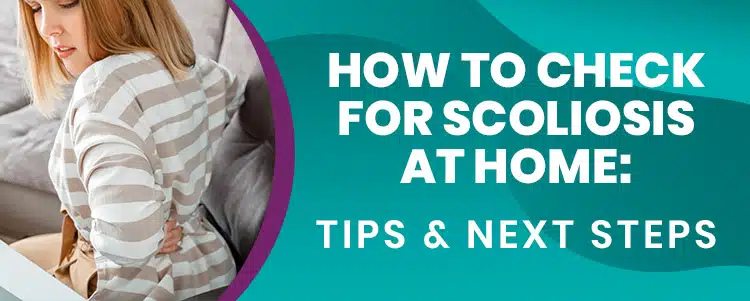

How To Check For Scoliosis At Home: Tips & Next Steps
For progressive conditions like scoliosis, early treatment is beneficial. Uneven shoulders and hips can indicate adolescent idiopathic scoliosis.
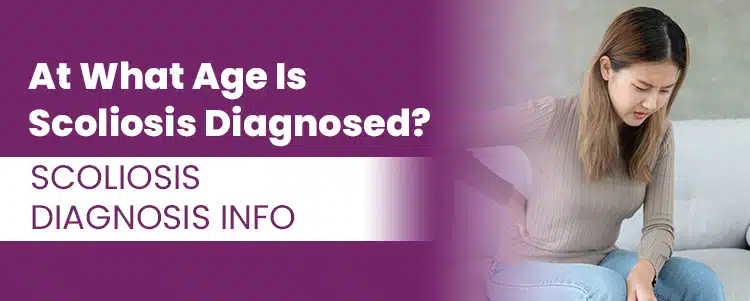

At What Age Is Scoliosis Diagnosed? Scoliosis Diagnosis Info
Scoliosis can be diagnosed at any age, not just in childhood. It has various types and severity levels, affecting all ages.